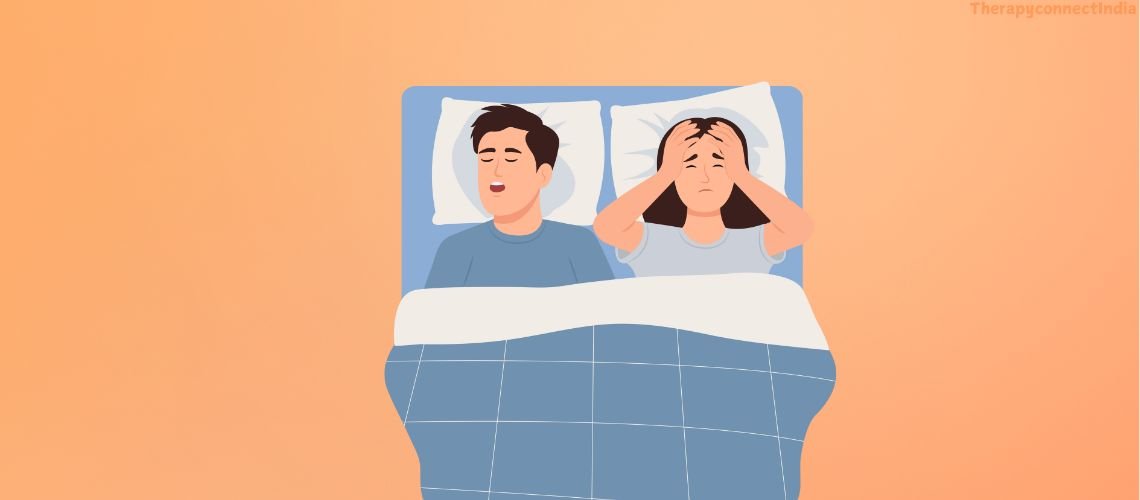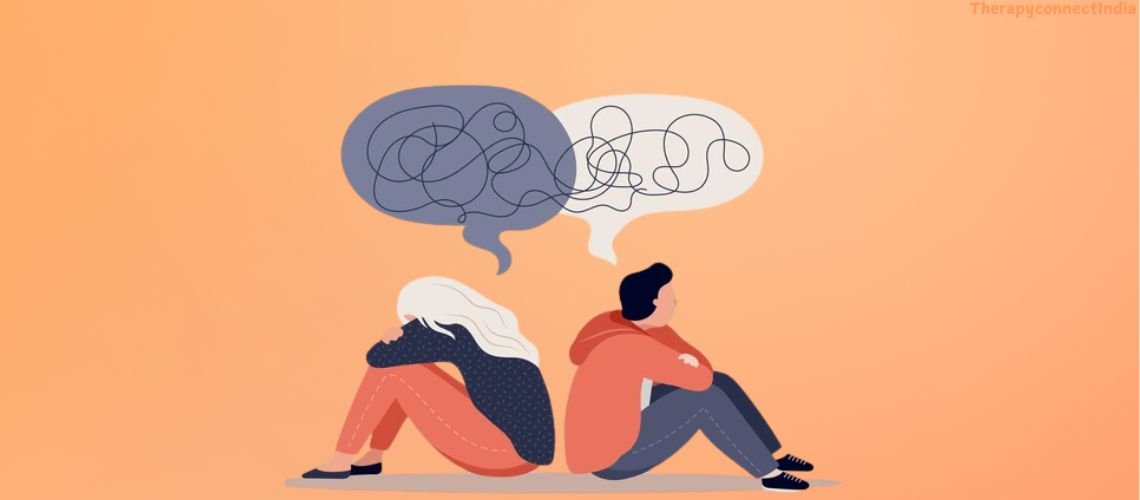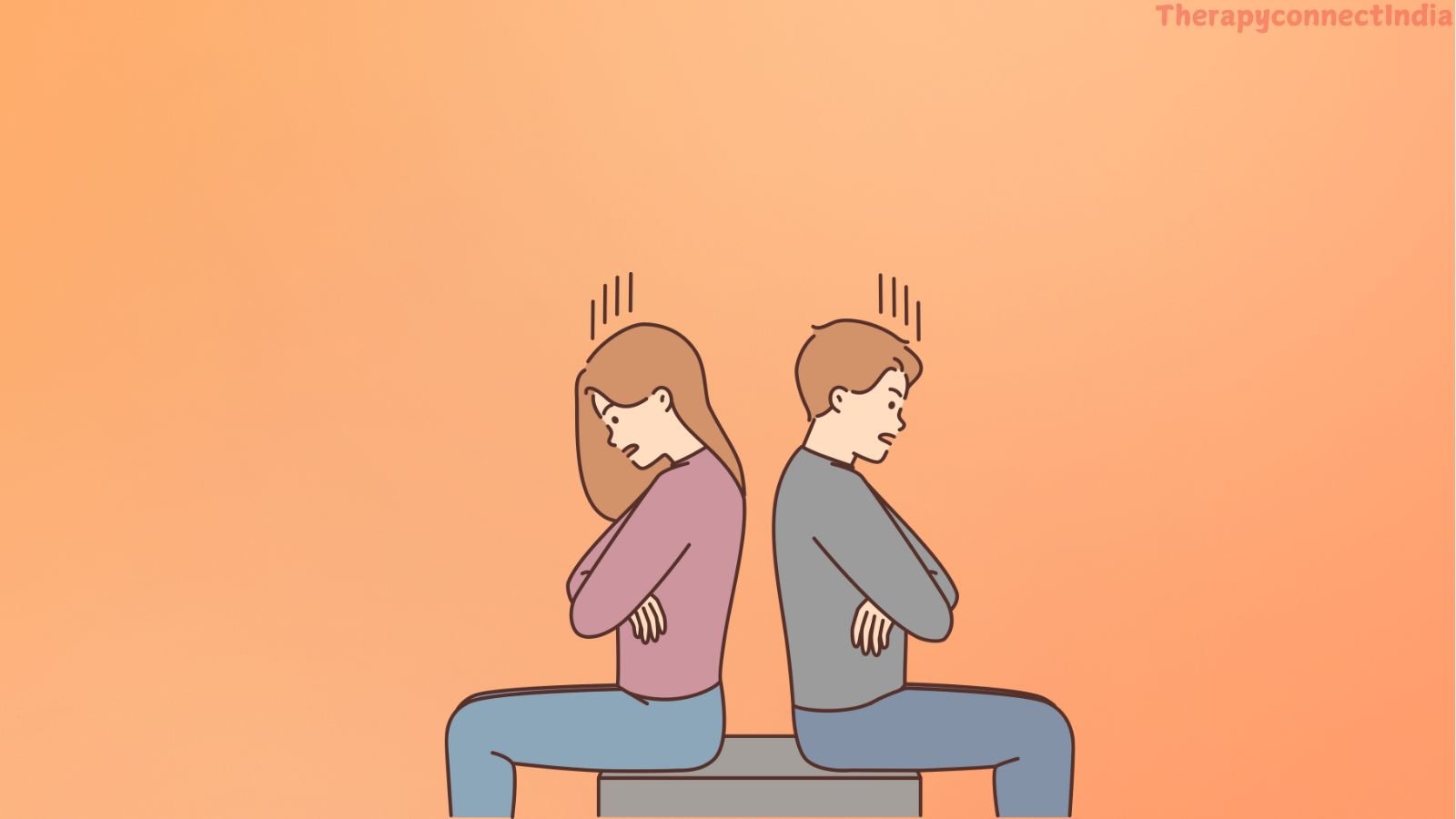Sexual anxiety is a common concern that affects many people but is often not openly discussed. It involves feelings of nervousness, fear, or worry about sexual performance, leading to stress and avoidance of intimacy. This anxiety can stem from various factors, including self-doubt, past experiences, relationship concerns, or even societal expectations. It is important to understand that experiencing sexual anxiety is normal, and with the right approach, it can be managed.
What Causes Sexual Anxiety?
- Fear of Performance Expectations – Many people feel pressured to meet certain standards in the bedroom, leading to anxiety and self-doubt. This pressure can come from personal insecurities, past experiences, or unrealistic portrayals of intimacy in media. When a person feels like they must perform perfectly, they may become overly focused on their perceived shortcomings instead of enjoying the moment.
- Body Image Concerns – Worrying about appearance can contribute to sexual anxiety. Negative thoughts about weight, shape, or attractiveness can make it difficult to feel comfortable during intimacy. Feeling self-conscious may lead to avoiding physical closeness altogether. Accepting one’s body and focusing on emotional connection rather than appearance can help ease these concerns. Planned Parenthood provides helpful guidance on body positivity and sexual confidence.
- Past Negative Experiences – A history of unpleasant or uncomfortable sexual encounters can create fear around intimacy. Whether it’s a past rejection, a traumatic experience, or even an embarrassing moment, these memories can make it hard to feel relaxed with a partner. Therapy or professional support can be beneficial in processing and overcoming such concerns. GoodTherapy offers resources for people seeking help with intimacy-related challenges.
- Relationship Issues – Emotional disconnect, unresolved conflicts, or lack of communication can contribute to sexual anxiety. When partners do not feel emotionally safe or understood, it can create tension that affects intimacy. Open and honest conversations about desires, fears, and expectations can strengthen trust and reduce anxiety.
- Mental Health Factors – Conditions such as anxiety, depression, and stress can affect sexual well-being. When the mind is preoccupied with worries, it can be difficult to focus on pleasure and connection. Taking care of mental health and intimacy is essential for a fulfilling sex life. Websites like Mind offer useful information on managing stress and anxiety in relationships.

How Sexual Anxiety Affects Intimacy
- Avoidance of Intimacy – Many individuals experiencing sexual anxiety may find themselves avoiding physical closeness out of fear of not meeting expectations. This can lead to emotional distance between partners, affecting the overall health of a relationship.
- Decreased Confidence – Constant worry about performance can lower self-esteem. When someone doubts their ability to satisfy their partner, it can create a cycle of anxiety that makes intimacy even more stressful.
- Physical Reactions – Anxiety can trigger physical responses such as rapid heartbeat, sweating, or difficulty relaxing. In some cases, it may lead to difficulties like erectile dysfunction or a lack of arousal. These issues can further increase stress and frustration.
- Strained Relationships – When overcoming performance pressure becomes a constant struggle, it can create misunderstandings in a relationship. If one partner feels rejected or if communication is lacking, emotional distance may grow over time.

Ways to Overcome Sexual Anxiety
- Shift the Focus to Emotional Connection – Instead of worrying about performance, focus on building emotional closeness. Sharing thoughts, feelings, and desires with a partner strengthens intimacy and reduces pressure. Enjoying each other’s company and being present in the moment can improve sexual well-being.
- Communicate Openly – Talking about sexual anxiety with a trusted partner can ease the tension. Expressing worries and listening to each other’s feelings helps create a supportive environment. Communication fosters understanding, making it easier to work through concerns together.
- Practice Mindfulness and Relaxation – Anxiety often arises from overthinking. Practicing mindfulness techniques, such as deep breathing or meditation, can help calm the mind and body. Engaging in activities like yoga, relaxation exercises, or even a warm bath before intimacy can reduce tension and promote comfort. Headspace offers guided mindfulness practices that can help ease anxiety.
- Challenge Negative Thoughts – Many worries surrounding sexual anxiety are based on unrealistic beliefs. Instead of thinking, “What if I’m not good enough?” try replacing it with, “Intimacy is about connection, not perfection.” Positive self-talk helps shift focus from fear to enjoyment.

- Reduce Performance Pressure – Instead of aiming for perfection, focus on pleasure and comfort. Taking the time to explore what feels good and allowing intimacy to unfold naturally can relieve anxiety. Removing expectations and simply enjoying the experience can lead to more fulfilling encounters.
- Adopt a Healthy Lifestyle – Taking care of physical and mental health plays a significant role in intimacy. Regular exercise, a balanced diet, and sufficient sleep improve mood, confidence, and energy levels. Avoiding excessive alcohol or substances that can affect performance also contributes to a healthier sex life.
- Seek Professional Guidance – If sexual anxiety is persistent and affecting daily life, professional help can provide valuable insights. Therapists, counselors, or sex therapists can offer personalized guidance and strategies to overcome anxiety. Sex Therapy Online provides access to experts who specialize in sexual wellness.

Sexual anxiety is a challenge, but it does not have to define a person’s experience with intimacy. By focusing on emotional connection, open communication, and relaxation techniques, individuals can ease anxiety and enjoy a more fulfilling relationship. Taking small steps towards self-acceptance, understanding personal needs, and seeking support when needed can lead to a healthier and more confident approach to intimacy.




